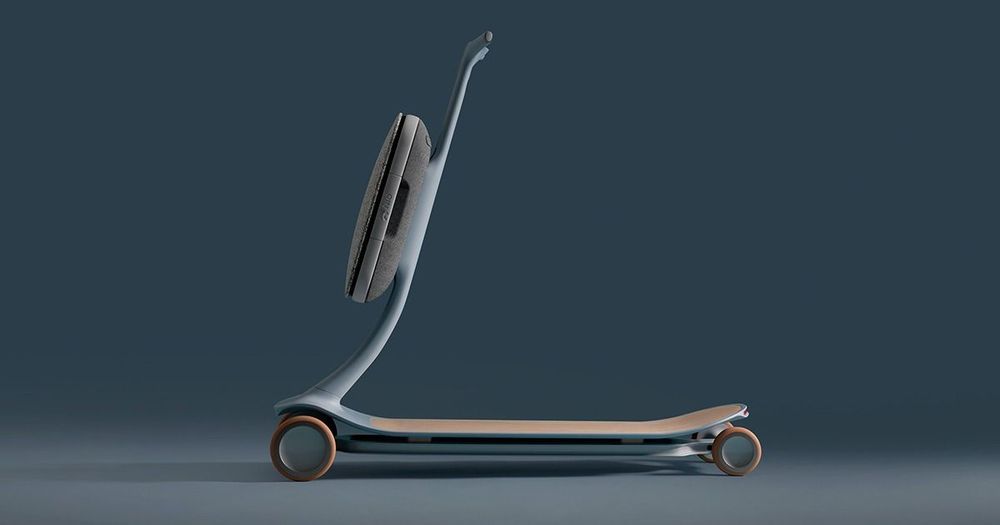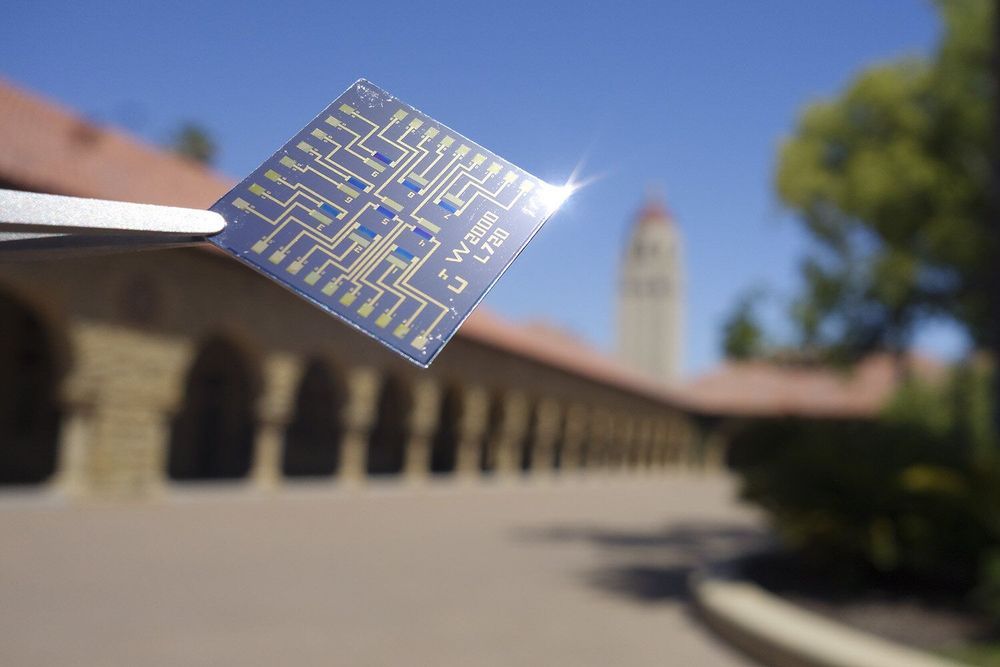In a focus section published in the journal Seismological Research Letters, researchers describe how they are using machine learning methods to hone predictions of seismic activity, identify earthquake centers, characterize different types of seismic waves and distinguish seismic activity from other kinds of ground “noise.”
Machine learning refers to a set of algorithms and models that allow computers to identify and extract patterns of information from large data sets. Machine learning methods often discover these patterns from the data themselves, without reference to the real-world, physical mechanisms represented by the data. The methods have been used successfully on problems such as digital image and speech recognition, among other applications.
More seismologists are using the methods, driven by “the increasing size of seismic data sets, improvements in computational power, new algorithms and architecture and the availability of easy-to-use open source machine learning frameworks,” write focus section editors Karianne Bergen of Harvard University, Ting Cheng of Los Alamos National Laboratory, and Zefeng Li of Caltech.
Read more






